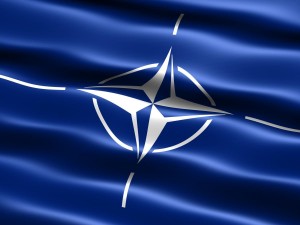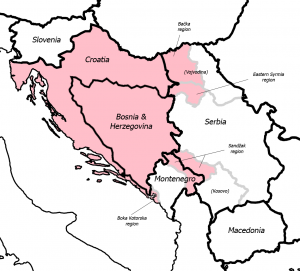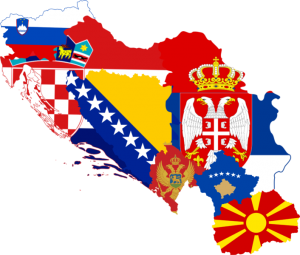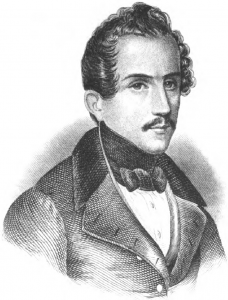Basic facts about the Serbs that you have to know […]
Beograd
March 24th, 1999 - The beginning of NATO aggression on Serbia [...]
In the Yugoslav historiography (1918–1941; 1945–1991) Lj. Gaj’s decision to choose a Illyrian name and the štokavian...
The core of the puzzle became that constitutionally six federal republics and two autonomous provinces were seen...
Lj. Gaj and his followers required that the Croatian national language has to be accepted as an...










